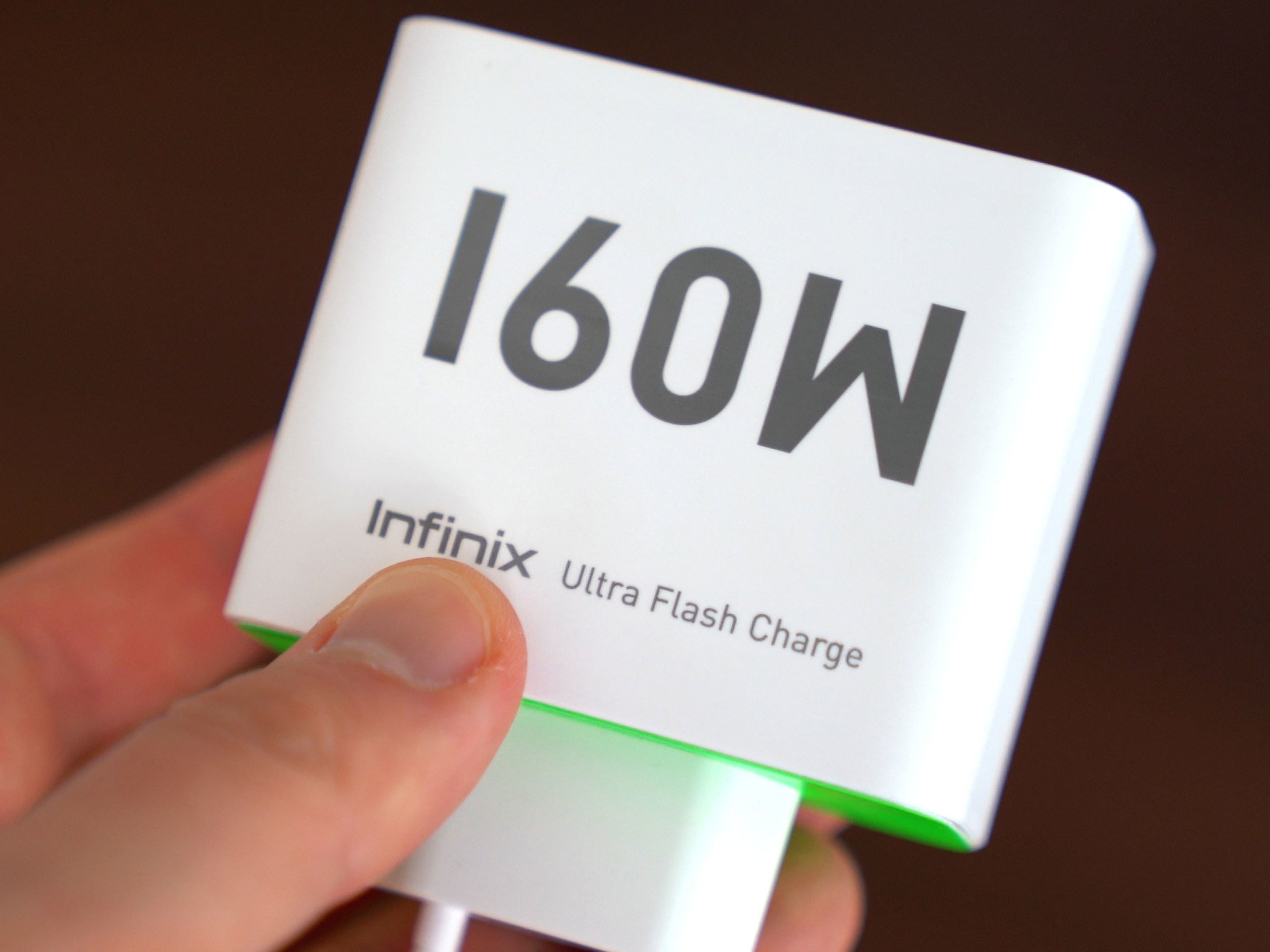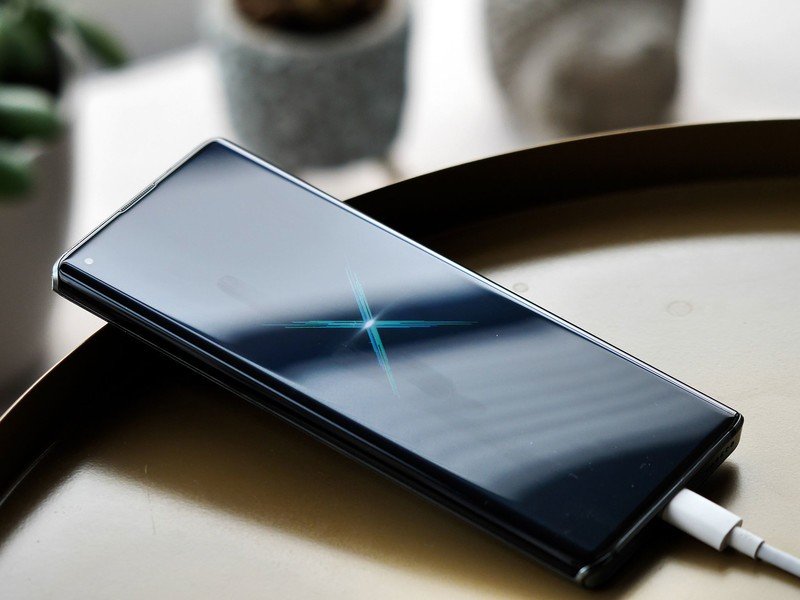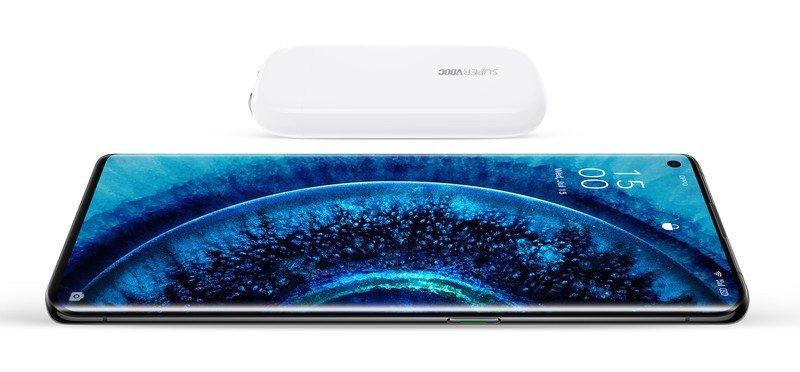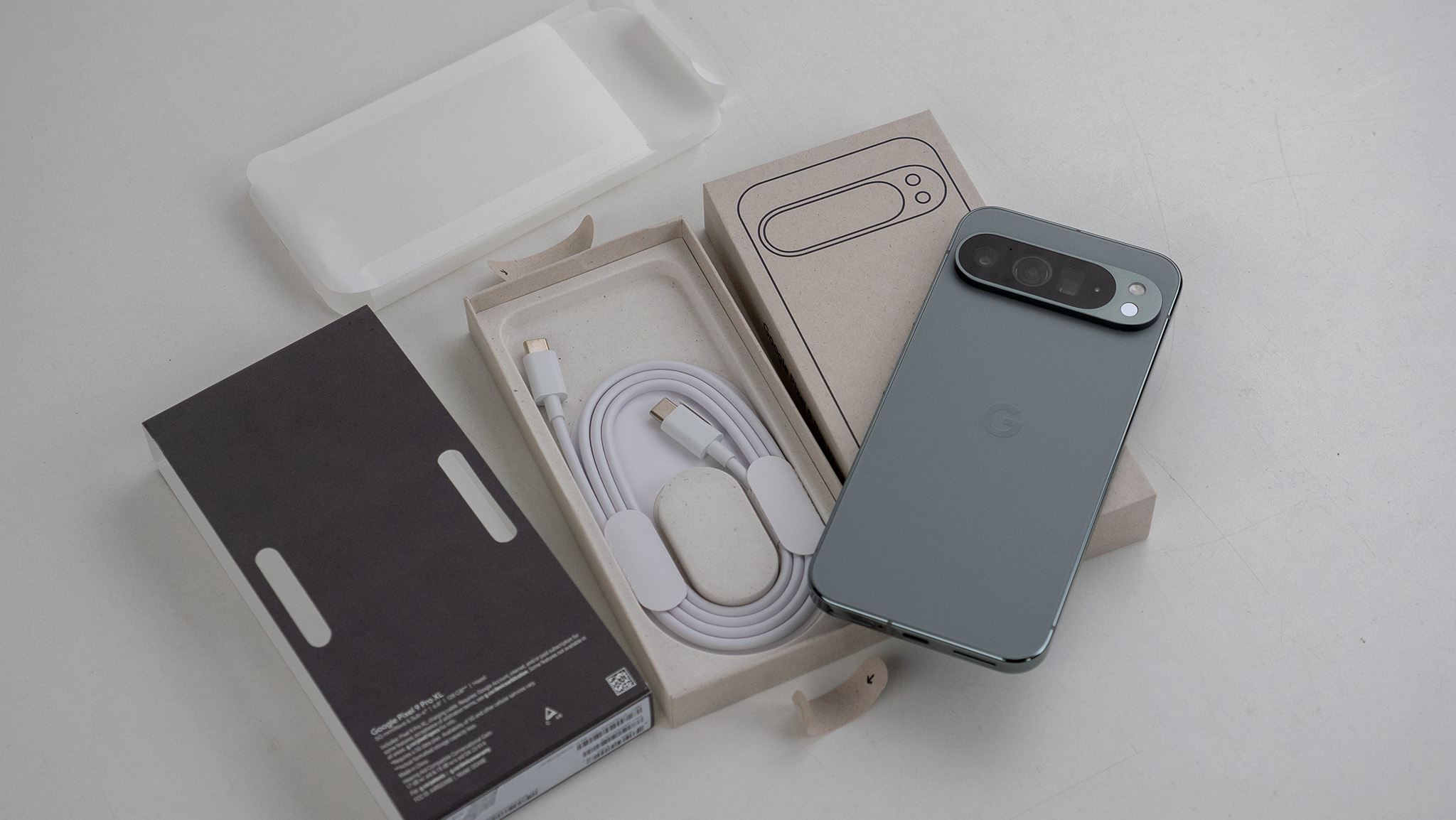160W and beyond: Your next phone might charge in 10 minutes

I've spent the past week with a smartphone that can charge, from dead, in just over ten minutes. The 2021 Infinix Concept Phone won't be going on sale anytime soon — it's a concept phone, after all — but the Hong Kong-based brand says its technology will in future be used in actual retail products. Which means that eventually you will be able to buy a phone that can charge in a similarly ridiculous amount of time.
Infinix achieves such dizzying charging speeds thanks to its sizable 160W GaN (gallium nitride) charging brick — more efficient than most phone chargers, generating less heat in the charging process. The battery itself uses 8C cells, which produce less heat than the 6C cells used in many of today's phones. And there's also an army of sensors designed to keep the Infinix device at a relatively cool 40°C even when guzzling huge amounts of juice.
Ultimately, these are all extensions of the fast technologies we've been seeing in some of the best Android phones of the past year — like the OnePlus 9 Pro, which charges at an impressive 65W. What's more, the lower-power internals like a 60Hz screen and a MediaTek Helio G90 chipset, eliminates other potential heat sources in the Infinix phone, giving us a glimpse into a world where waiting for your phone to charge is a thing of the past.
It's easy to see the appeal of this tech becoming widespread: No more battery anxiety, for instance, if a five-minute slurp from a power outlet is enough to take you from a dead battery to one with 50% charge, as we experienced testing the Infinix phone.

Super-fast charging is all about battling against the heat.
And Infinix isn't alone. Chinese giants Xiaomi and Oppo have demoed their own ultra-fast 200W charging tech with promises of sub-8-minute charging times. While this tech — implemented within modified versions of flagship phones like the Mi 11 Pro — hasn't found its way into the hands of journalists, both companies claim to have tamed the major nemesis of fast charging: battery degradation.
Lithium batteries degrade over time, and higher temperatures — as can result from fast charging — will exacerbate this. What's more, fast charging standards can cause batteries to swell more than slower charging, meaning extra internal space inside phones needs to be budgeted that could otherwise go towards a higher battery capacity.
Ultimately, battery degradation can even cause your phone's cell to stop working entirely.
Be an expert in 5 minutes
Get the latest news from Android Central, your trusted companion in the world of Android
So there's a three-way trade-off between smartphone battery capacity, charging speeds and battery longevity. Absent any breakthroughs in battery technology, you can only improve one of the above to the detriment of the other two.
That's why most ultrafast charging specs have only been demonstrated in phones with relatively small batteries, by flagship standards. Xiaomi and Oppo's 200W charging has been shown in models with 4,000mAh cells, and Infinix's 2021 concept phone includes a cell of that same capacity.

You can charge fast, but you'll usually trade battery capacity and longevity for the privilege.
Nevertheless, maybe a 4,000mAh cell isn't such a big deal if you can recharge to a reasonable level in less time than it takes to make a cup of coffee.
That is, assuming your battery lifespan can hold up over the life of your phone.
That's where some brands are claiming to have made breakthroughs within the past year. Xiaomi, for instance, says its modified 200W Mi 11 device would retain 80 percent of its capacity after 800 charge cycles — the equivalent of around two years of use. That's about equivalent to what was reported for Oppo's 125W Flash Charge, though this spec has yet to make its way into a retail product.
And while Infinix isn't specifying a number of charge cycles, it does boast several changes aimed at improving charging efficiency and thus reducing heat production when plugged into that 160W brick. These include the aforementioned 8C battery and GaN charger, along with four high conversion charging chips. Tech like this pushes the limits of Lithium-ion battery charging in 2021.
There are plenty of exciting, futuristic potential battery technologies in development that may eventually allow near-instant charging without any of the disadvantages involved in fast charging a Lithium-ion cell. But for the foreseeable future, manufacturers are going to be dealing with the fine balance between battery capacity, charging speeds and battery longevity.
So will your next phone charge quicker than you can make a decent toasted sandwich? Probably, but until we're all using supercapacitors in our phones, you might just end up trading one convenience for another.

Alex was with Android Central for over a decade, producing written and video content for the site, and served as global Executive Editor from 2016 to 2022.

